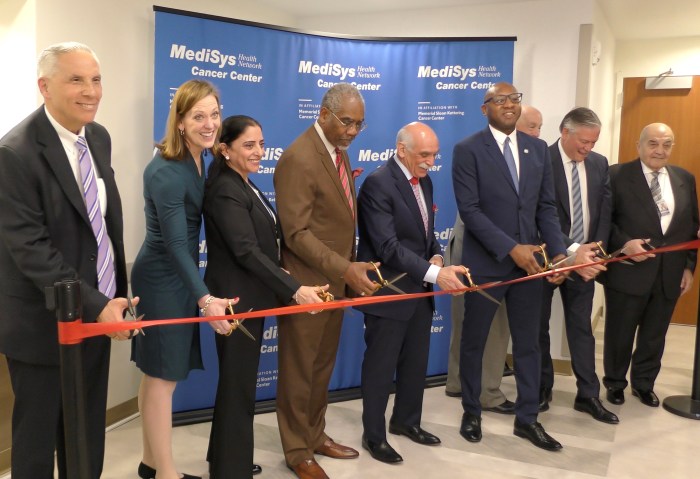The cost of prescription drugs are on the rise due to a lack of federal regulations, inefficient insurance coverage and pharmacy benefit managers (PBM) who determine how much pharmacies will be reimbursed for drugs consumers purchase.
But one Queens lawmaker recently introduced two pieces of legislation to combat the constantly rising prescription drug prices in New York. Both bills especially target the needs of senior citizens, who require access to affordable maintenance medication for conditions like high blood pressure and heart disease.
Assemblyman Daniel Rosenthal’s bills aim to bring transparency to the world of prescription drug pricing. The first bill (A7922/ S5943) requires that pharmaceutical companies report how often prescription drug prices go up and also provide rationale for the increases.
The second bill (A8253/S5942) mandates that drug manufacturers notify the Drug Utilization Review Board (DUR) up to 60 days before they raise the prices on certain drugs by 10 percent or more.
“The fact that New Yorkers are choosing between filling their prescriptions and putting food on the table is unacceptable,” said Rosenthal. “For too long, pharmaceutical manufacturers have operated with unchecked discretion while advertising spending and profits rise.”
According to data, prescription drugs account for nearly 20 percent of all health care spending in the nation and grows at a faster rate than all other parts of health care. AARP reported that senior citizens feel these effects the most, with nearly 40 percent of older adults in the U.S. having to cut back on food and electricity to afford their prescriptions. Other older adults even choose to ration or skip their scheduled doses.
Drugs including insulin and the Epipen shot up over 200 percent in less than 10 years. Manufacturers often blame research and development for the spikes in drug prices, but a report from the American Hospital Association showed that these companies actually spend up to 50 percent more funds on advertising than on actual research.
“As we work towards building a more equitable state, these bills will bring much needed transparency to the system and help to curb the exponential growth of drug prices,” said Rosenthal, who serves as the chairman of the Subcommittee on Intergenerational Care.
Rosenthal highlighted several proposals Governor Andrew Cuomo included in his 2021 executive budget that would help in the quest to bring transparently to big pharma. These proposals include lowering prescription drug prices for New Yorkers, capping insulin co-payments and the creation of the NYHealthcareCompare website that allows residents to compare the cost and quality of healthcare at state hospitals.


































